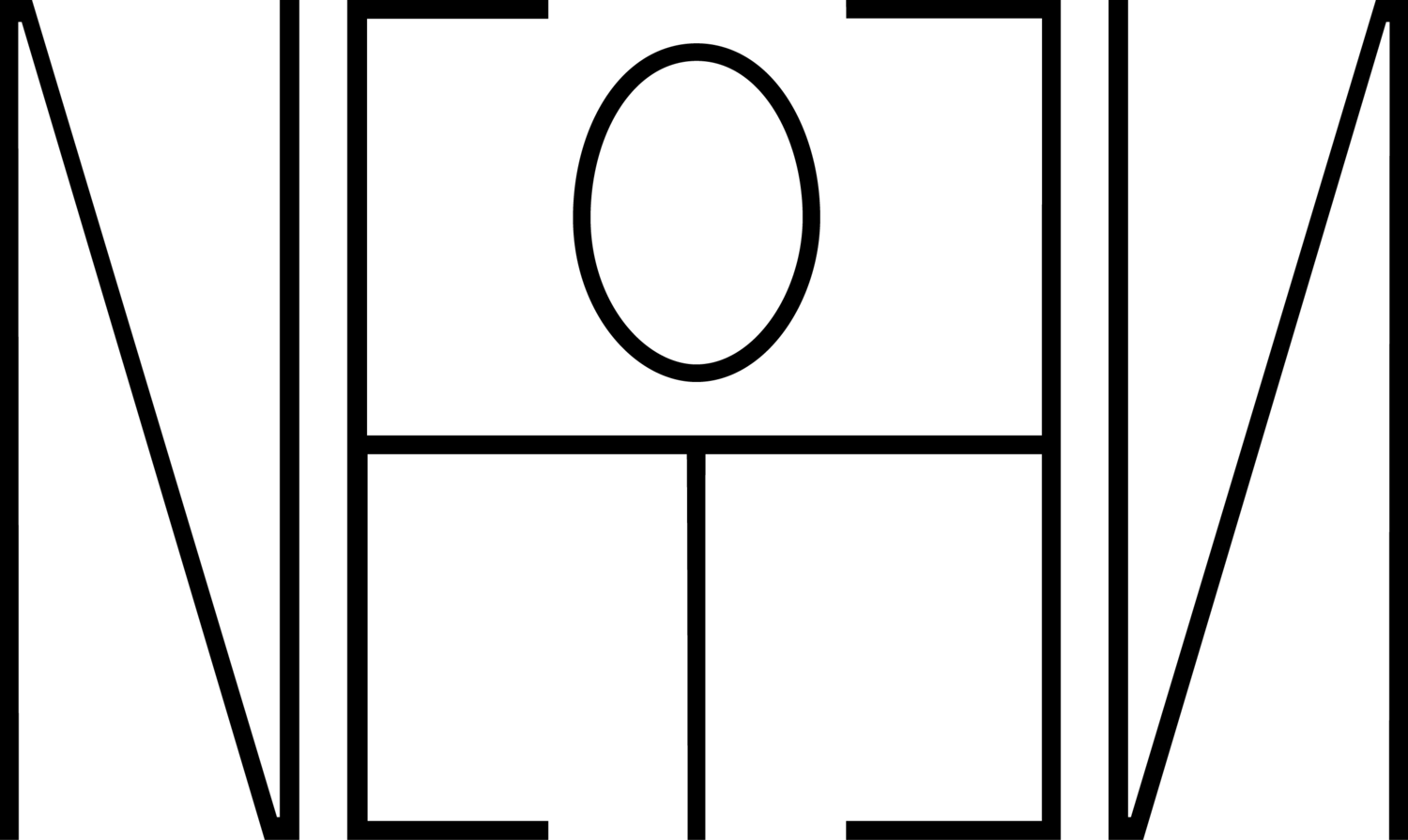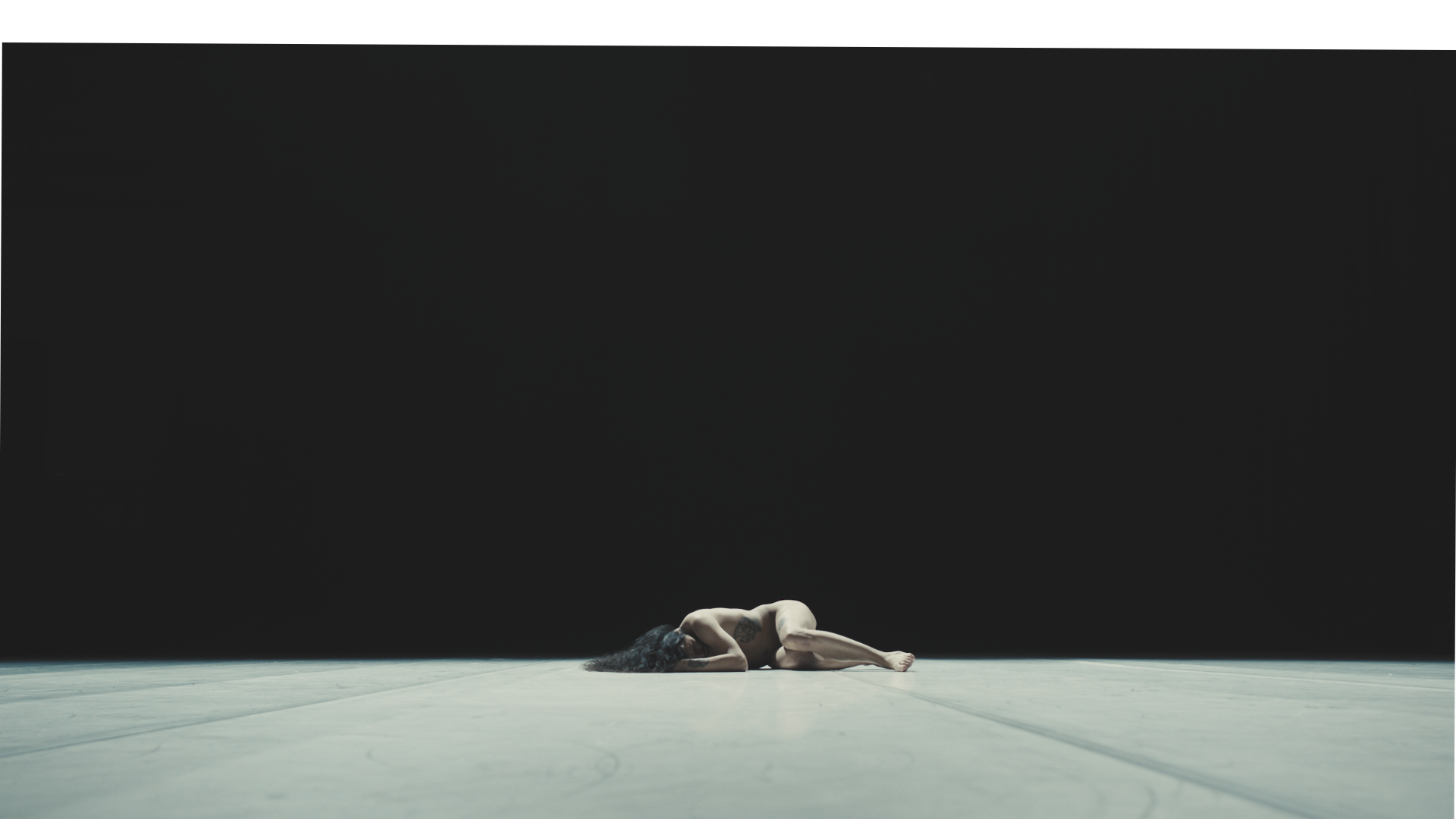
CULTURE is our NATURE
NEOTENY
In the 19th century, a strange animal capable of reproducing in the larval state was discovered: the axolotl. It is therefore established that this animal has two adult forms: one that could be said to be total and the other “neotenic”.

The hypothesis of a neotenic character in the broad sense in human beings has an anthropological, psychological and philosophical dimension, underlined among others by Jacques Lacan. No other living being is born so helpless. Man would be the only living being forced to fill its first nature deficit with a "second nature" : the culture.
The theme of the Neotenic Man could even be seen as the underlying "grand narrative" of the West (Marc Levivier, Dany-Robert Dufour). Existing on the margins of the other great stories that have succeeded and vanished in the postmodernity. Always there, by being transformed. Ingredients of the story : naked monkeys, loss of nature, lack of survival skills, evolution theory, promotion of youth, mirror / doppelgänger, quest of the full potential, posthumanism…
From Prometheus to Frankenstein, how to think of a Man who lacks nature? Weakness or power? Something to assume or to avoid?
We are all here during the 6th mass extinction, sharing the same world. To keep all this in mind, we called ourself NEO TEN. Our job : poetic visual storytelling, trying to reweave humans with the living world. Or simply document their extinction. Our strategy : transversality, aesthetic collaboration, bridging the gaps, mixing art, philosophy, science and politics before it’s too late.
Meanwhile, in order to generate constructive discussions, we are sharing below more thoughts on some of our favourite topics.

CAPITALISM = NATURALISM
the story of Separation








